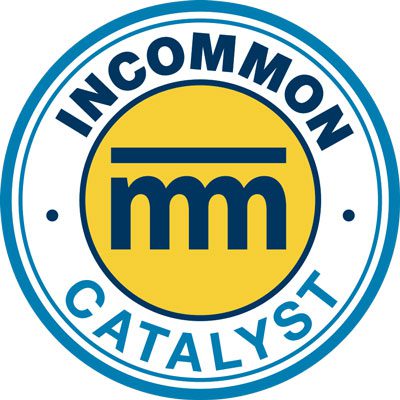InCommon Catalyst Program Community Case Studies
InCommon Catalysts offer help when you need it. Case studies illustrate the various and unique ways that catalysts work within the InCommon community, highlighting the benefits and lessons learned from these collaborations.

Instrumental Identity
Executive Summary: The University of Pennsylvania’s Information Computing & Services (ISC) department worked with InCommon Catalyst Instrumental Identity to document requirements, determine current state, and develop use cases to initiate an RFP process and vendor selection for a new identity governance and administration (IGA) solution. Instrumental Identity helped the department navigate vendor selection while remaining solution agnostic. Ultimately, Penn selected SailPoint IdentityIQ as its next IGA solution.
However, out-of-box, SailPoint IdentityIQ does not have a “fuzzy matching” engine, nor does it provide any user interface for manually reviewing ambiguous matches or merging mismatched records, which were key business requirements for Penn. Instrumental Identity had a clear understanding of the business requirements around a centralized matching process as well as the need to delegate conflicts that arise in the matching process. Leveraging the plugin framework of SailPoint IdentityIQ, Instrumental Identity created database tables, a custom UI, and API calls with configurable matching rules to develop a custom SailPoint plugin. Implementation of the custom plugin drastically reduced the resolution time to correct and match identities.
West Arete
Executive Summary: At most research universities, research metadata is often completely siloed and disconnected. For the past several years, Penn State University Libraries and West Arete have collaborated on organizing and unifying the university’s research metadata, which includes information about publications, grants, faculty activities, news stories, honors and awards, graduate committees, facilities, and equipment.
This ongoing collaboration provided the foundation for an Open Access workflow project. In 2019, Penn State adopted its Open Access policy, making research data and publications freely available to the public. Releasing a new publication under the open access policy requires many steps and systems. West Arete and the Libraries Strategic Technologies group worperked together to implement software that sits at the intersection of identity metadata, research metadata, algorithms, and human expertise, enabling faster, more efficient, and continuous processing of publications.
Cirrus Identity
Executive Summary: Researchers shouldn’t waste time managing multiple logins when they could be advancing knowledge. Cirrus Identity, an InCommon Catalyst, and the InCommon Federation eliminate this hassle by handling all the complex identity management infrastructure between organizations. Cirrus’s cloud-based solution lets organizations quickly set up secure access to InCommon-enabled shared resources across institutions without the burden of maintaining on-site systems. Organizations, including Duke University, EDUCAUSE, Children’s Hospital of Philadelphia, UNC Chapel Hill, and others, have streamlined the process of onboarding and offboarding researchers into their research systems leveraging Cirrus Identity’s cloud based identity management tools.
CILogon
Executive Summary: The Open Science Grid (OSG) Consortium is a distributed high throughput computing (dHTC) organization that manages access to a global network of data and computing resources shared across more than 70 institutions. The OSG Consortium worked with InCommon Catalyst, CILogon, to implement a user registry to facilitate distributed onboarding, offboarding, and authorization workflows delegated to volunteer administrators across the globe. Without dedicated IT resources, and being staffed by researchers, the task of managing access could not require the OSG Consortium to staff a help desk. But with nearly 200 research projects and growing, the project needed to be scalable without demanding significant staff time.
< Back to the InCommon Catalyst Program
